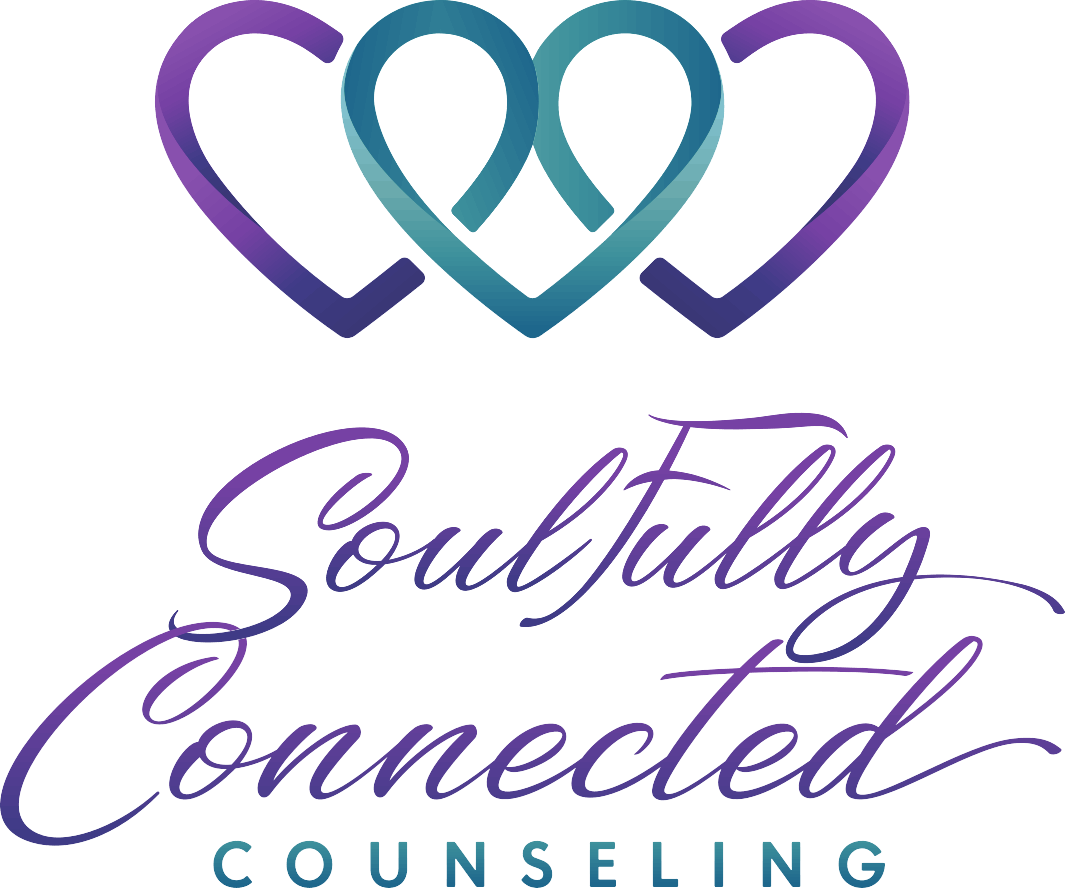How Do I Know if I Need Counseling?

What do you think of when you hear the word counseling? Do you think of someone who suffers with bipolar disorder or schizophrenia? Or the couple who has experienced infidelity? Maybe you think of eating disorders, ADHD, or OCD. Perhaps there is a certain image that comes to mind or a particular feeling you experience in your stomach. Do you say quietly to yourself, “That’s not me. I don’t need anyone’s help. I can do it on my own.”?
While there are clear-cut reasons to seek counseling such as what is described above, there are many other reasons why people can benefit from counseling that may seem more subtle by contrast.
Relationship Distress
Let’s face it. Relationships are hard! And there are so many different relationships: husband/wife, engaged couples, parent/child, siblings, family, friendships, roommates, coworkers, and even the relationship with yourself!
Sometimes there is a significant event or high conflict that brings people to counseling for relationship distress. Other times it can be tension, misunderstanding, or miscommunication that happens over time which leads to not getting along or feeling disconnected. Counseling can help the individual, couple, or family find new and better ways of interacting that invite openness, engagement, and resolution in their relationships.
When our relationships are well, we are well.
Adjustment Issues
Human beings are quite resilient and are often able to press on and overcome. But sometimes, life gets overwhelming, and we can become stuck, tired, lonely, or lost. When there is a stressor that causes significant impact on your work, social, or home life it may be difficult to adjust.
Stressors can be positive or negative: new job, school issues, relocation, wedding, financial issues, or an unexpected tragedy. If you feel like you’re drowning, counseling can help you talk through and learn how to cope.
A neutral person can be beneficial; something a friend or family member is unable to do.
Phase of Life Issues
The course of life has stages and transitions that can occur naturally as we age throughout early, middle, and late adulthood such as: marriage, parenthood, retirement, or empty nest. While most of these changes are positive, it is possible to feel overwhelmed, sad, or experience a loss of identity.
Other phase of life issues come from specific disruptive events that force you to life your life in a new way such as: divorce, death of a spouse, or chronic illness. These events can be deeply painful and have a great impact on your emotional well-being. Like adjustment issues, it can be beneficial to talk to a counselor to help you manage emotions, find ways to cope, and make new meaning in your life narrative.
Life happens and you do not have to face it alone.
Spiritual Issues
Sadly, it seems to be taboo to talk about struggles with faith. Christian Culture tends to give the message of perfection or performance-based faith. It can be difficult to be real and honest at church.
Truth be told, as Christians we may feel distant from God at times, but do not feel comfortable talking about it in our church community. Working with a Christian counselor outside of the church environment can help you work through faith issues in a safe space and with mental health integration.
Spiritual health greatly affects overall health.
Depression and Anxiety
Most people are familiar with depression and anxiety symptoms. Lack of motivation, feelings of sadness or emptiness, loneliness, sleep or appetite issues, excessive worry, irritability, or difficulty concentrating.
Yet, people “suck it up” and tell themselves they “don’t need a stranger” to help them. Most often, it is lack of knowledge about mental health, stigma, or pride that is a barrier. The truth is a counselor can help you feel less alone and learn how to manage or improve your symptoms.
There is no shame or judgement in asking for help.
Something Isn’t Right
If your daily rhythms are off and things like sleep and appetite have changed, it can be an indication that your emotional or mental health needs to be attended to. We all have brief periods of time when we lack motivation, may pull away from social interaction, or don’t engage in the things we used to enjoy.
Listen to your gut. If you feel “off”, counseling can be a place to understand what that is.
Sometimes we just need to slow down and take the opportunity to put the pieces together.
Grief
When deep sorrow sets in because of loss, there are so many emotions that are experienced. Grief is a normal response to loss. Sadness, heartache and emptiness, numbness, anger and guilt, frustration and helplessness, relief, resentment, pain, and fear; it can feel as if you are being tossed about the waves in the middle of the ocean with nothing to hold onto.
Grief is very overwhelming. Even with support of loved ones, it can feel lonely. Grief makes people uncomfortable, and society has not provided a good model to move through grief in a healthy way. Counseling provides space and time to move through your emotions and learn how to continue living your life in the midst of loss.
We don’t stop grieving; our capacity to move through grief grows.
Trauma
The tricky thing about trauma is, it tries to convince you it’s not there. It’s your brain’s way of protecting you, which served you well when you needed it. As hard as you have tried to keep it buried, it is still there and tends to “ooze out”.
You may not be able to put your finger on it, but your emotions are more raw and you find yourself reacting or behaving in ways that are not usual. It not only affects you but may also affect your relationships. Trauma needs to be processed in a safe way. Counseling can be that safe place to heal.
Trauma is not your fault, and you deserve to live wholly.
Soulfully Connected Counseling is equipped and ready to help. We consider it an honor to enter your sacred experience and help you find your way back to hope and well-being.
Contact us to be scheduled with a counselor and take your first step to wellness.
** if you are experiencing suicidal thoughts or find yourself in crisis, please call the suicide and crisis lifeline at 988
